For decades, scientists have vigorously debated whether an asteroid strike or massive volcanic eruptions ended the reign of the dinosaurs 66 million years ago. Roughly three-quarters of all life on Earth, including all nonbird dinosaurs, went extinct at that time, putting a dramatic end to the Cretaceous Period.
Now, researchers have devised a new way to identify the true dino killer: Let computers take a crack at it.
The result of that computational effort suggests that massive bursts of gas produced by the Deccan Traps eruptions were solely capable of causing the extinction event, the team reports in the Sept. 29 Science. Those eruptions, which lasted roughly a million years, spewed massive amounts of gas-ridden lava across what’s now western India.
“Rather than come at it from the perspective of ‘let’s blame the volcanoes and explain why’ or ‘let’s blame asteroids and explain why,’” the goal was to have as little human input or bias in the process as possible, says Dartmouth computational geologist Alexander Cox.
The idea was to work backward using evidence from the scene of the crime. Scientists do have a smoking gun: Cores drilled into deep-ocean sediments contain geologic data pointing to deadly bursts of gas to the atmosphere, particularly planet-warming carbon dioxide and ocean-acidifying sulfur dioxide.
But such gases could have come from the asteroid strike, as it incinerated rocks on the planet’s surface, Cox says, or from the Deccan Traps eruptions.
Previous efforts to understand the source of the gases have focused on timing, examining pulses of lava emplacement during the Deccan Traps eruptions, Cox says (SN: 2/21/19). But “we only have best guesses about how much initial gas was in [the lava].” Estimated carbon dioxide concentrations in the lava, for example, vary by an order of magnitude, he says. “So that’s why we approached this from a gas-emissions perspective rather than a lava-flow perspective.”
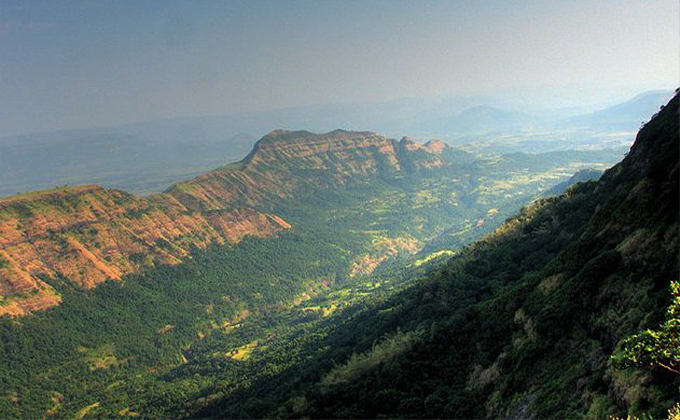
To disentangle the relative contributions of each potential culprit, Cox and Dartmouth geologist C. Brenhin Keller used a statistical model called a Markov chain Monte Carlo approach. That approach systematically considers the probability of different scenarios of gas emissions from the different sources, converging toward possible solutions as the results of the simulations move closer and closer to geologic observations.
What made the researchers’ approach particularly powerful is that they harnessed 128 different processors to run scenarios in parallel, Cox says. “All the processors then compared how they’re doing at the end of every model run, like classmates comparing answers.” That parallel computing meant that computations that would otherwise have taken a year took only a few days.
The observations Cox and Keller used were data collected from three cores drilled into deep-sea sediments, each spanning 67 million to 65 million years ago. In those sediments are foraminifera, ocean-dwelling microorganisms whose carbonate shells contain different isotopes, or forms, of carbon and oxygen. The shells’ chemical makeup records the ocean chemistry at the time of their formation, and so can be used as a proxy to infer past global temperatures as well as how many creatures were thriving in the oceans, and how much carbon was moving between the atmosphere, ocean and land (SN: 1/16/20).
The computer simulations determined that the amount of gas spewed into the atmosphere from the volcanism alone was enough to account for the changes in temperature and carbon cycling determined from the foraminifera data in the drill cores.
As for the asteroid strike, which formed the massive Chicxulub crater in what’s now Mexico, it probably did not produce a big spike in carbon dioxide or sulfur dioxide, the analysis found (SN: 1/25/17).
But many scientists are not convinced that these findings provide the ultimate answer to this long-standing, complex question. “It’s an elegant way to address this problem,” says Sierra Petersen, a geochemist at the University of Michigan in Ann Arbor. Modeling in this way “gives the freedom to find the consensus solution, taking multiple proxy records into account. However, like any model, output depends on input.”
Petersen notes that foraminifera shells are not an ideal proxy for ancient temperatures: The oxygen isotope ratios in foraminifera shells can change not only due to temperature but also due to seawater composition. Different temperature proxies would likely lead to different patterns of gas release reproduced in models, Petersen says.
As for the mass extinction culprit, she adds, “it’s a bit of a leap to say that this study shows the impact didn’t cause the extinction. I think what they show is that the impact was likely not associated with a large [gas] release.” But the asteroid, she says, still could have had other deadly impacts on the planet’s environment.
Indeed, “the Chicxulub impact led to many devastating effects beyond the carbon dioxide and sulfur dioxide emissions explored in this study,” says Clay Tabor, a paleoclimatologist at the University of Connecticut in Storrs.
Those include massive clouds of soot and dust kicked up from pulverized rocks due to the impact, he says. Previous research has suggested this dust may have dimmed the amount of sunlight reaching the Earth by as much as 20 percent, inducing a frigid winter that swiftly killed off plants and destroyed habitats (SN: 7/17/20).
What’s more, the new study suggests that the asteroid impact didn’t have a long-term effect on the planet’s carbon cycle, based on carbon isotope data recorded in the foraminifera shells for the million years after the extinction. But there was an abrupt drop in the abundance of those creatures corresponding to the time of the impact, Tabor says. “The rapid rate of change caused by the Chicxulub impact was likely responsible for its effects on life.”
“Many geochemical records spanning the [extinction event], as well as this modeling work, cannot capture well the rates of change associated with the Chicxulub impact,” he says. “The impact may have released significantly less CO2 and SO2 than the Deccan Traps, but it did so almost instantaneously.” So even if the asteroid impact released fewer gases overall, Tabor says, the speediness of that release could have been devastating all the same.

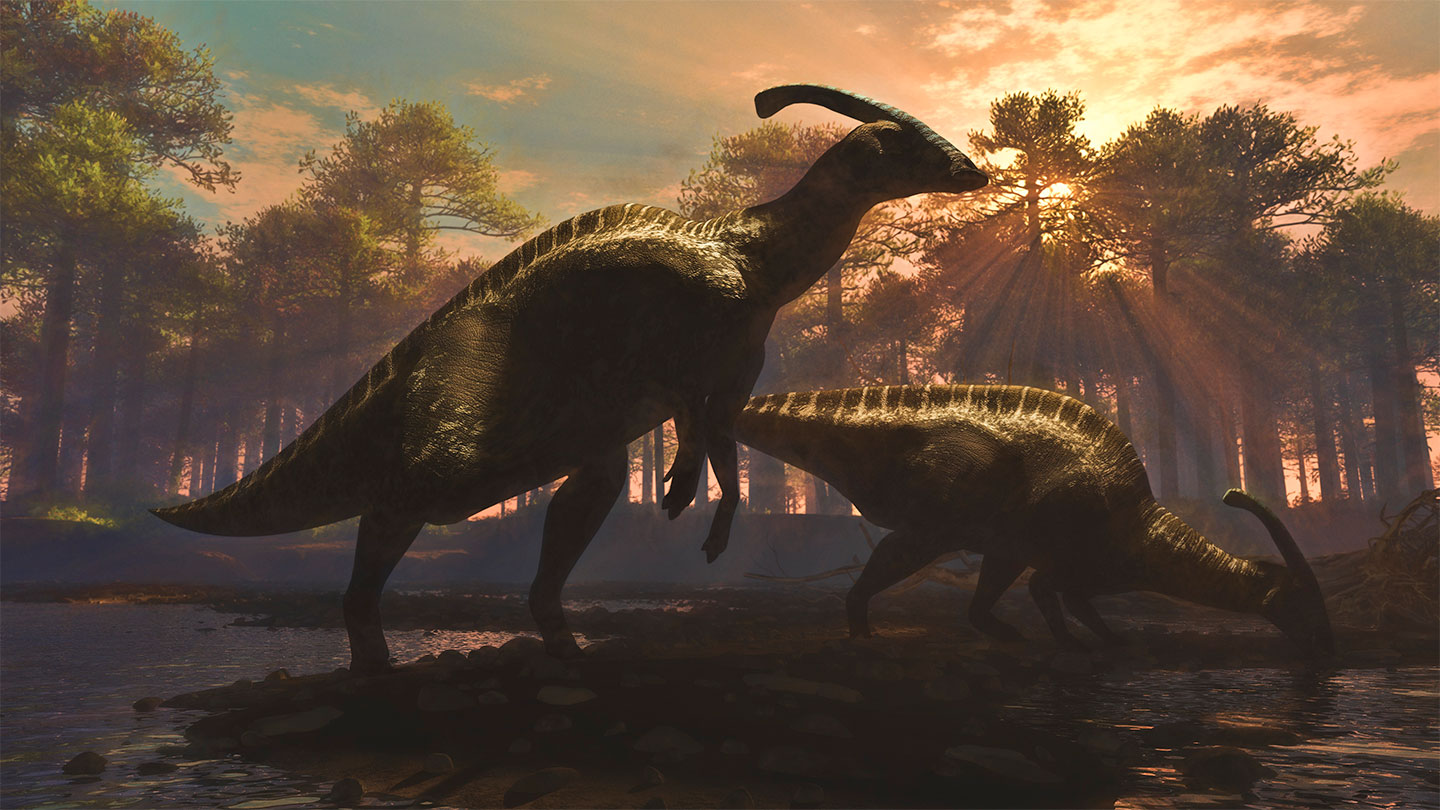
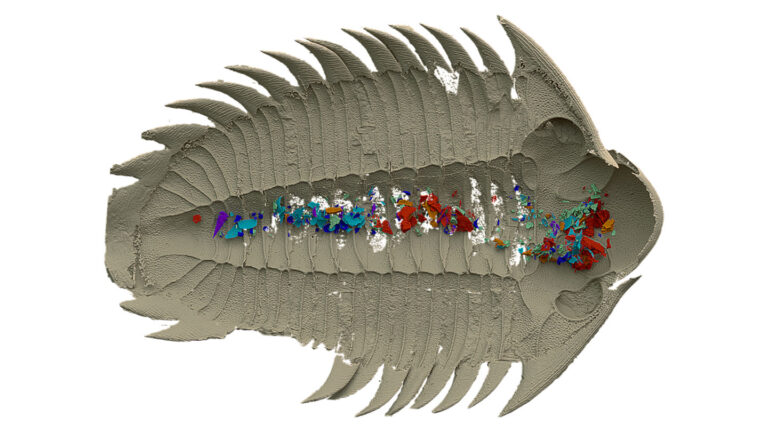
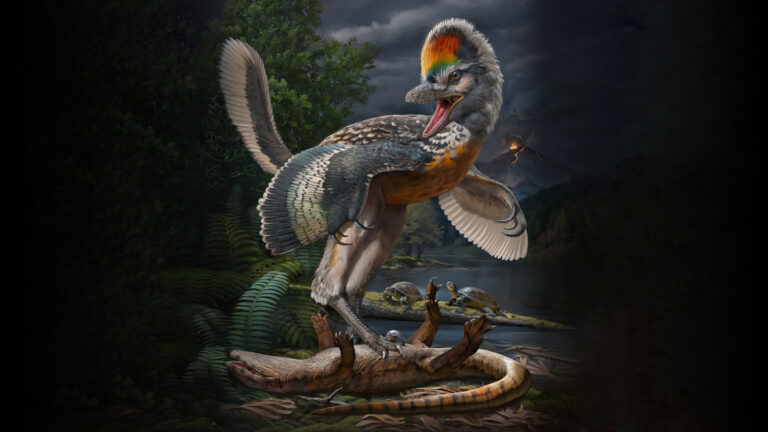
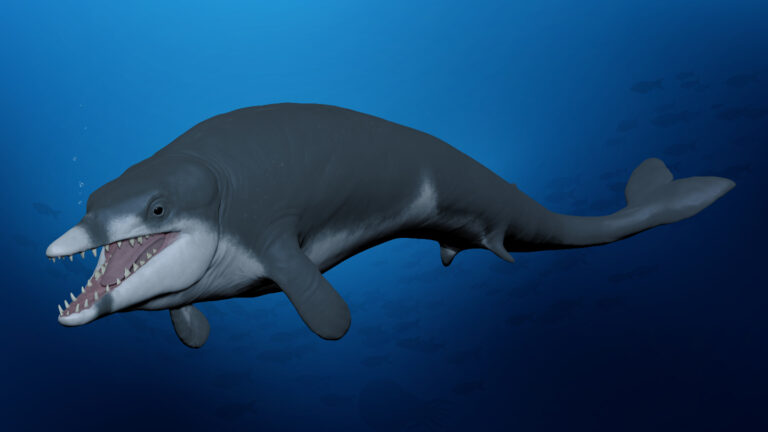



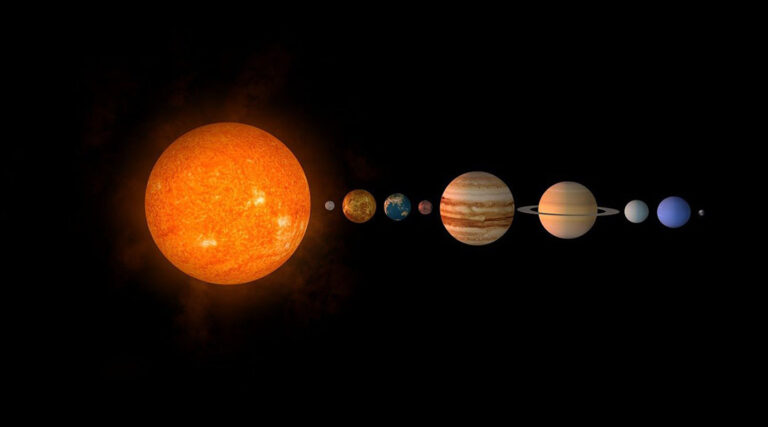
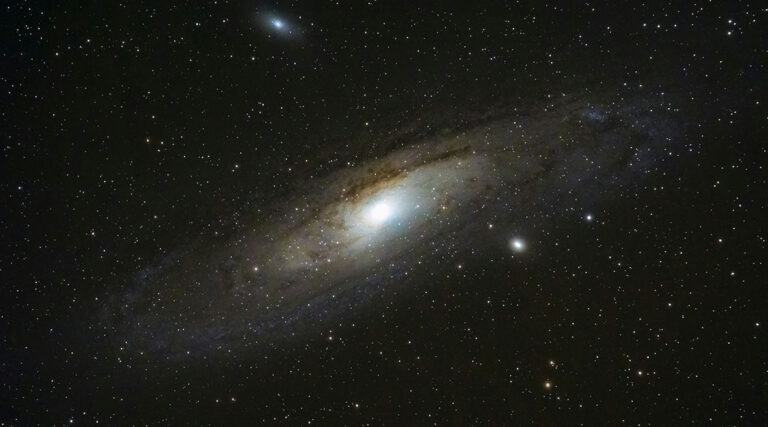
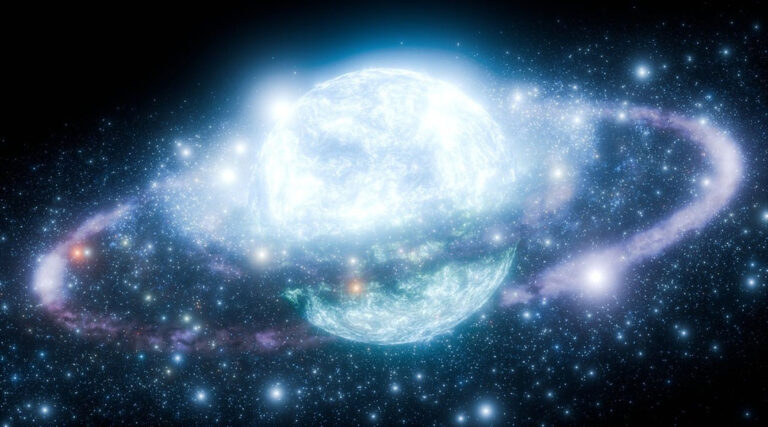
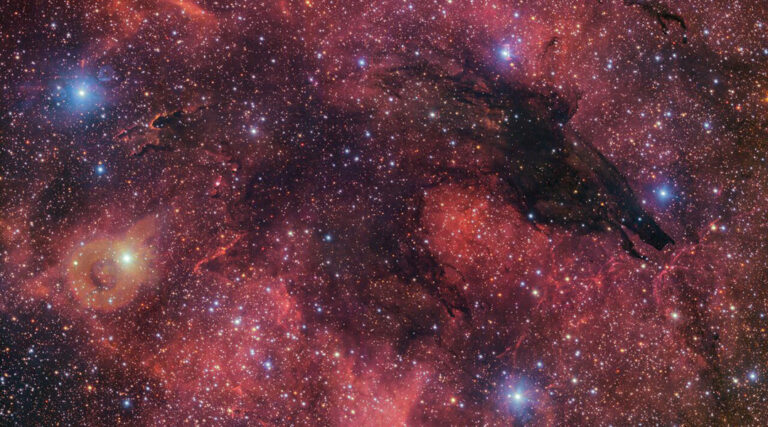
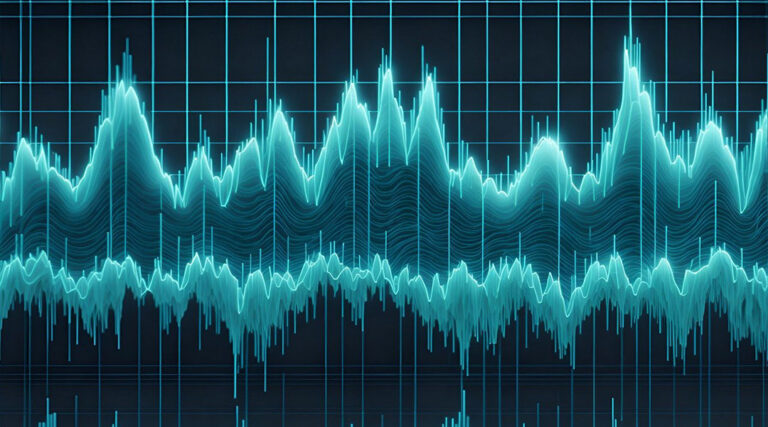



+ There are no comments
Add yours